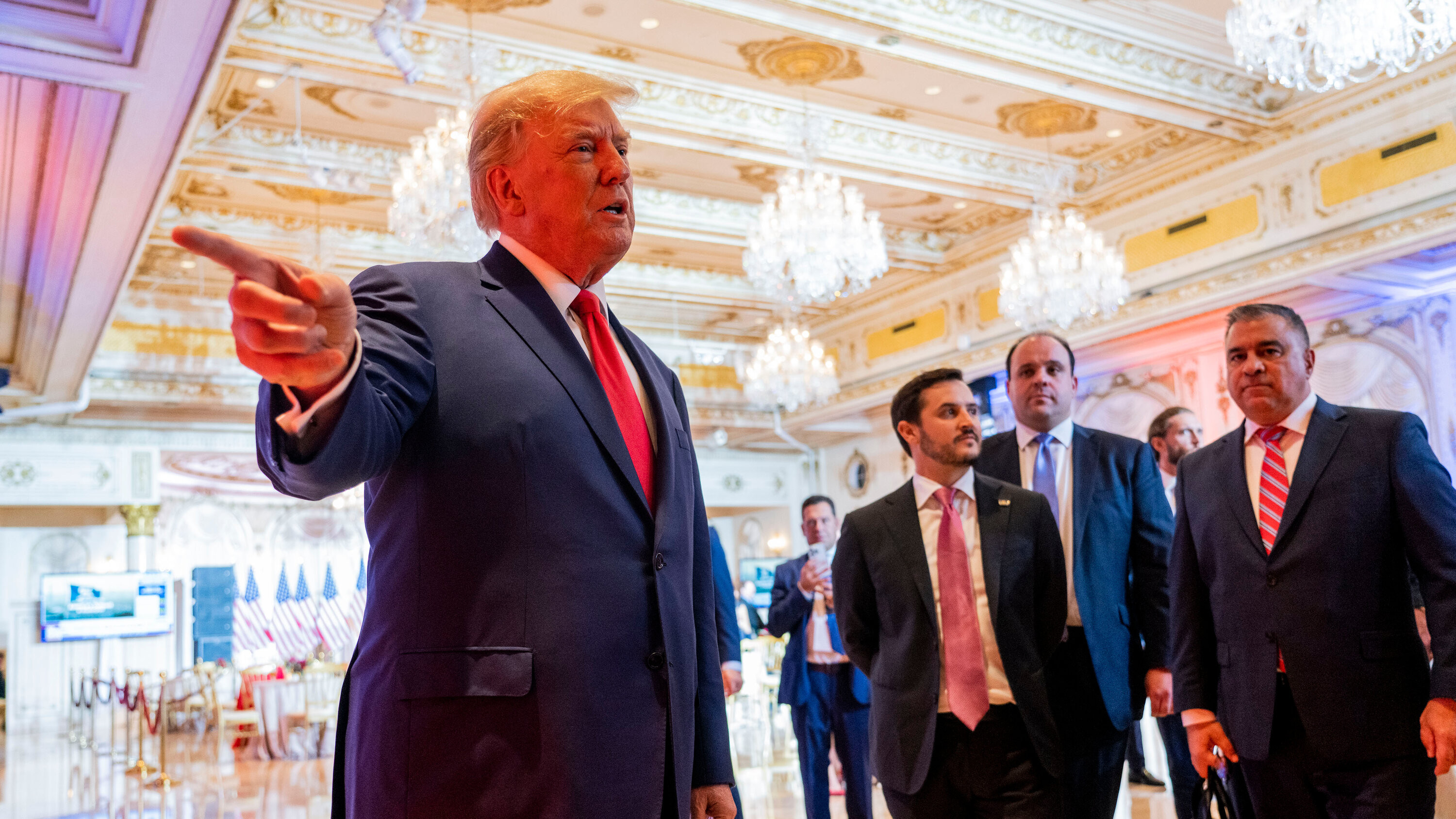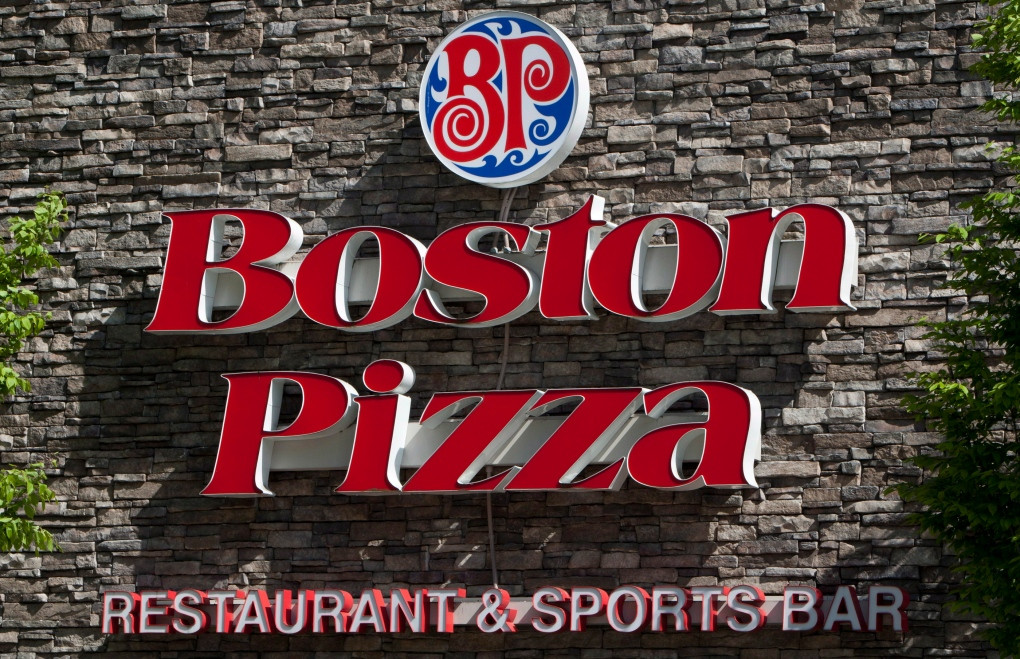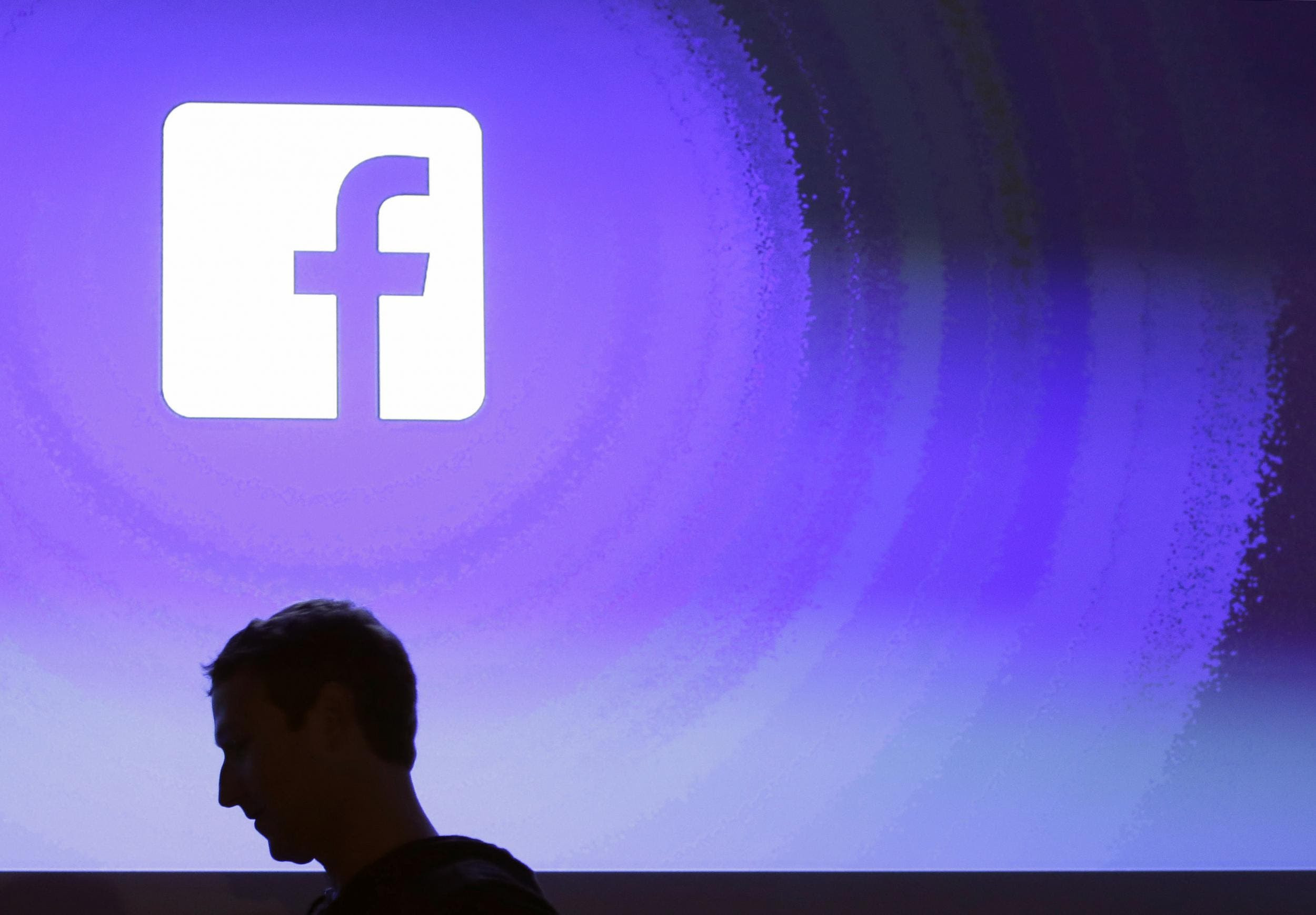Trump's Businesses Hired Record Number of Foreign Workers in 2024: A Shocking Revelation
President-elect Donald Trump's 2024 campaign was built on a platform of prioritizing American workers, famously proclaiming “We will build American, buy American and hire American.” However, a recent CNN investigation into government labor data paints a starkly contrasting picture. The findings reveal that Trump's own businesses secured approval to hire significantly more foreign guest workers in 2024 than any other year in recent history, prompting widespread scrutiny and debate.
The Numbers Don't Lie: A Surge in Foreign Worker Hires
The data reveals a substantial increase in the number of foreign workers employed by Trump's various businesses. In 2024 alone, his companies, including the prestigious Mar-a-Lago Club, several golf courses, and a Virginia winery, obtained government approval to hire 209 foreign workers. This figure nearly doubles the number of foreign worker approvals his businesses received approximately a decade ago, showcasing a dramatic upward trend in reliance on foreign labor.
Types of Jobs and Worker Demographics
The foreign workers employed across Trump's business interests held a diverse range of roles, including cooks, housekeepers, servers, and desk clerks. While the exact demographics of these workers remain undisclosed in publicly available data, the reliance on foreign labor has drawn considerable attention given the president-elect's publicly stated commitment to American jobs.
Explanations and Justifications: A Complex Issue
Trump's representatives have suggested that the seasonal nature of some of his businesses necessitates the hiring of temporary workers, as Americans may be less inclined to take on seasonal, temporary positions. However, some former Trump club staffers, speaking anonymously to CNN, suggested that offering higher wages or improved benefits might attract more American applicants to these positions. This highlights the complex economic factors influencing the demand for foreign workers in the hospitality and seasonal industries.
The Broader Context: A Pattern Among Trump's Allies
The reliance on foreign workers doesn't appear to be isolated to Trump's businesses alone. Companies associated with some of his top political backers and administration picks have also utilized the H-2B visa program to hire foreign guest workers in 2024. Notably, Tesla, led by Elon Musk, a significant financial backer of Trump's campaign, received permission to hire approximately 2,000 highly skilled foreign workers. This raises questions about the consistency of the “American jobs first” message within the wider political and business landscape.
The H-2B Visa Program: A Closer Look
Most of the guest workers at Trump's properties were hired under the H-2B visa program. This program allows employers to hire foreign nationals for temporary, non-agricultural jobs when there are insufficient qualified American workers available. While widely utilized by numerous US businesses, the process of obtaining H-2B visas can be complex and burdensome. This complexity has led some to argue that the program could be streamlined to better meet the needs of both employers and potential American workers.
Contradictions and Criticisms: A Divided Opinion
The hiring practices of Trump's businesses appear to contradict the views of some of his allies, who have advocated for stricter controls on the H-2B visa program. Project 2025, a conservative policy document authored by former Trump administration officials, explicitly called for a “gradual and predictable phasedown” of the program, emphasizing the need to prioritize American workers. This internal conflict highlights the tension between business interests and political rhetoric surrounding immigration and labor policy.
Expert Opinions: Diverging Perspectives
Mark Krikorian, executive director of the Center for Immigration Studies, a think tank advocating for stricter immigration control, expressed concern that guest worker programs can potentially benefit businesses at the expense of American workers. While he did not criticize Trump's businesses for using these programs, he argued that such programs undermine American workers' bargaining power and discourage innovation in attracting domestic workers. He proposed alternatives, such as incentivized domestic guest worker programs, to address the labor demands in specific sectors.
Conversely, others defend the use of foreign guest workers, particularly in regions experiencing high tourism or seasonal demand, like South Florida where Mar-a-Lago is located. Julia Dattolo, CEO of CareerSource Palm Beach County, highlighted the challenges of filling seasonal jobs in a low-unemployment, high-cost-of-living environment, emphasizing that companies must advertise positions to American workers before resorting to foreign labor. Chloe East, an associate professor of economics, pointed out the crucial role immigrant workers play in the US labor market, and that politicians often use immigration as a scapegoat for economic problems while benefiting from this same immigrant workforce.
The Path Forward: Potential Policy Changes
While significant changes to the nation's guest worker programs would necessitate Congressional action, the incoming Trump administration could take a firmer stance on various forms of immigration, potentially affecting businesses that rely on foreign labor. The possibility of stricter immigration policies, as hinted at by Trump's campaign rhetoric, could have substantial consequences for various sectors of the US economy, and it remains to be seen what policies the Trump administration will pursue to address this ongoing debate.
A Legacy of Foreign Worker Hiring: Examining the Trump Organization's History
The Trump Organization’s extensive use of foreign guest workers is not a new phenomenon; records from the Department of Labor dating back to 2008 illustrate a consistent pattern of hiring foreign workers through various visa programs. The number of foreign worker positions approved for Trump businesses has gradually increased over the years, culminating in the record-breaking numbers seen in 2024. These positions, while offering modest pay above minimum wage, include benefits like overtime, raises and bonuses, and require background checks, language proficiency, and professional appearance standards.
The Final Verdict: A Tale of Two Narratives
The situation presents a complex interplay of conflicting narratives. On one hand, there's President-elect Trump's strong public stance on prioritizing American workers. On the other hand, the data irrefutably demonstrates a significant increase in his businesses' reliance on foreign workers. This discrepancy raises fundamental questions about the alignment between political rhetoric and actual business practices, sparking ongoing discussion about the future direction of US labor and immigration policies. The details surrounding Trump's business decisions regarding foreign workers deserve further investigation and analysis to fully understand the implications of this apparent contradiction. Ultimately, the impact of these choices remains a subject of intense debate and potential significant long-term consequences.

















